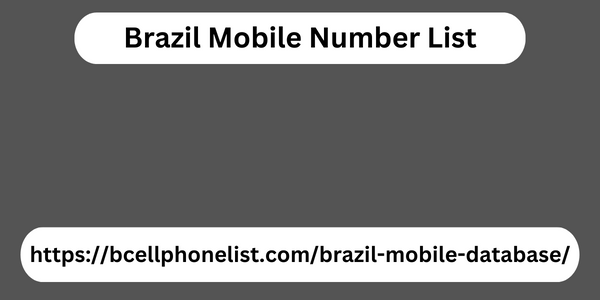|
|
Redirect them to the task if they begin to behave like “experts.” Provide fictitious data at the beginning of the task and not when it is needed Some usability test tasks require participants to fill out forms and provide personal information. This is the case, for example, of online reservations or purchases. Sometimes you can't ask participants to use their personal information because some data is especially sensitive. For example, credit card number, banking information, or ID card or passport number are data that we should not ask for in most cases.
When it is necessary to provide this data to complete the task, moderators usually provide fictitious data for the participant to use. How and when you give that information is very important. If you give them together with the description of the task Brazil Mobile Number List it can become a bias. The reason is that having a certain type of information implicitly suggests two things : Throughout the process you will be asked for this information. It is essential to use this data to complete the task. In a real use situation, the user of a website can imagine that during a purchasing process at some point they will have to enter personal data.

However, he doesn't know exactly which ones. Therefore, before starting the session you can explain that, if the interface asks for data that you do not want to include, you can ask for that information. And until that happens, you should keep that data hidden. We are experts in User Research. We research with real users to help you create usable products and memorable experiences.Panic in the laboratory. How to prevent problems during a usability test Stefano Serafinelli April.
|
|